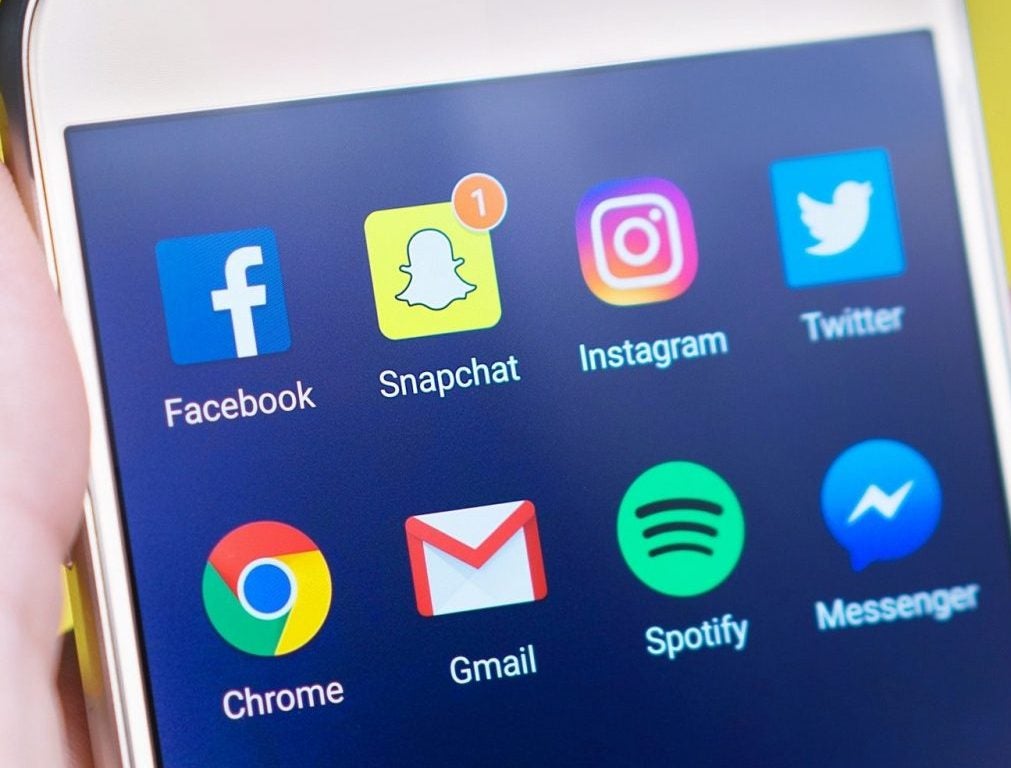
Social media companies are removing content that breaches their guidelines in ways that could hamper journalistic investigation, according to a new report.
Human Rights Watch said companies like Facebook, Twitter and Youtube are right to quickly remove content that could incite violence or jeopardise national security or public order, but that permanent removal with no archive access can hamper efforts for accountability.
The US-based group said in a new report that content should be made available through an independent mechanism once it has been taken down to criminal investigators, journalists, academics and non-governmental organisations.
Belkis Wille, senior crisis and conflict researcher at HRW, said: “Some of the content that Facebook, YouTube, and other platforms are taking down has crucial and irreplaceable value as evidence of human rights atrocities.
“With prosecutors, researchers, and journalists increasingly relying on photographs and videos posted publicly on social media, these platforms should be doing more to ensure that they can get access to potential evidence of serious crimes.”
The “Video Unavailable: Social Media Platforms Remove Evidence of War Crimes” report said the social media platforms’ use of artificial intelligence to take down content before it is reported to its moderating team means there is “no way of knowing how much potential evidence of serious crimes is disappearing without anyone’s knowledge”.
The report adds: “Independent civil society organisations and journalists have played a vital role in documenting atrocities in Iraq, Myanmar, Syria, Yemen, Sudan, the United States, and elsewhere – often when there were no judicial actors conducting investigations. In some cases, the documentation of organisations and the media has later triggered judicial proceedings.
“However, they also have no ability to access removed content. Access to this content by members of the public should be subject to careful consideration, and removal may be appropriate in some cases. But when the content is permanently removed and investigators have no way of accessing it, this could hamper important accountability efforts.”
One example given was investigative journalism website Bellingcat’s work uncovering the link between a Russian missile launcher and the downing of flight MH17, which was based largely on online material.
When asked to provide lawyers working on cases related to flight MH17 with its material, Bellingcat discovered that much of it had been taken down from sites including Facebook, Twitter, YouTube, and the Russian social media platform VKontakte.
HRW recommended an independent mechanism to enable the preservation of removed material that could be evidence of serious international crimes.
HRW said the mechanism, effectively acting as a restricted-access research library, should be responsible for sorting and granting access to a range of interested parties, including journalists, to the content for archival and investigative purposes, keeping privacy and security concerns in mind.
The Society of Editors said it was “deeply concerned” by what the report showed about the risk to future accountability via both criminal and journalistic investigations.
The Society’s executive director Ian Murray said: “As recognised in the report, journalists have played a vital role in documenting atrocities in Iraq, Myanmar, Syria, Yemen and Sudan to name but a few and without their investigations, criminal proceedings may never have taken place.
“It is not beyond the realm of future possibility that similar journalistic and criminal investigations could be hampered if content continues to be permanently removed with no thought to accountability or any means of accessing material down the line.”
Picture: Pexels
Email pged@pressgazette.co.uk to point out mistakes, provide story tips or send in a letter for publication on our "Letters Page" blog
